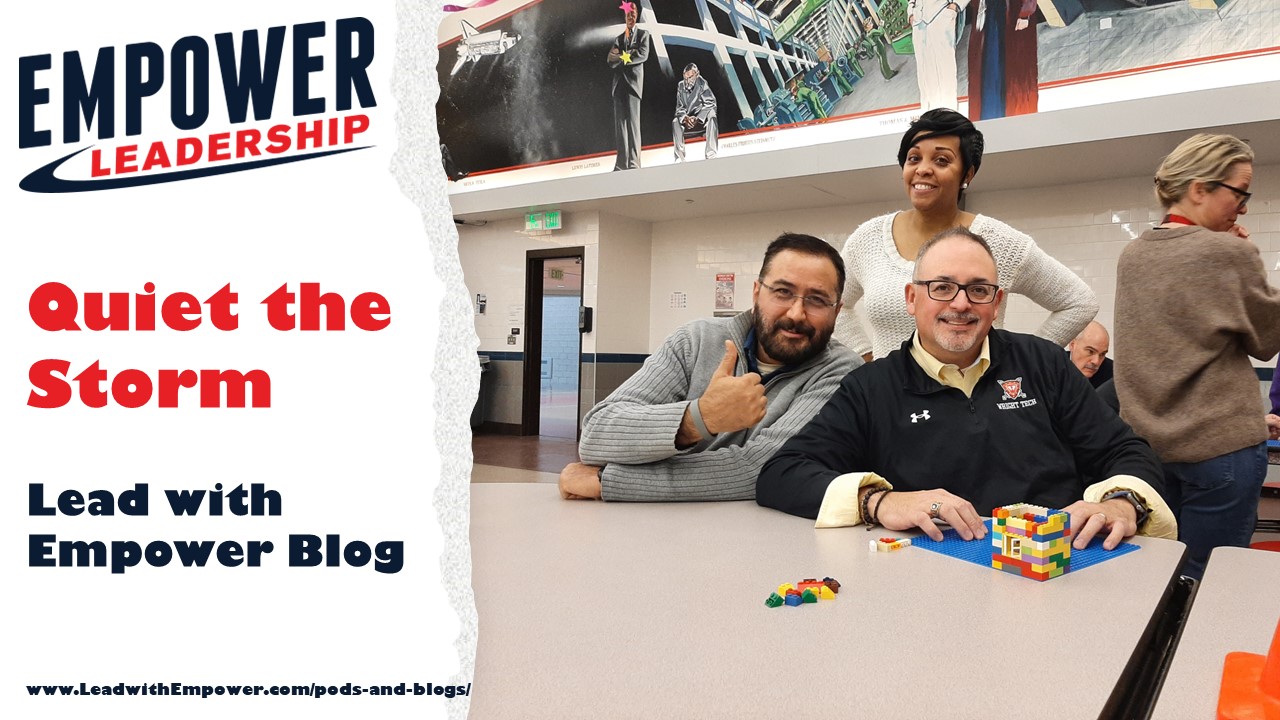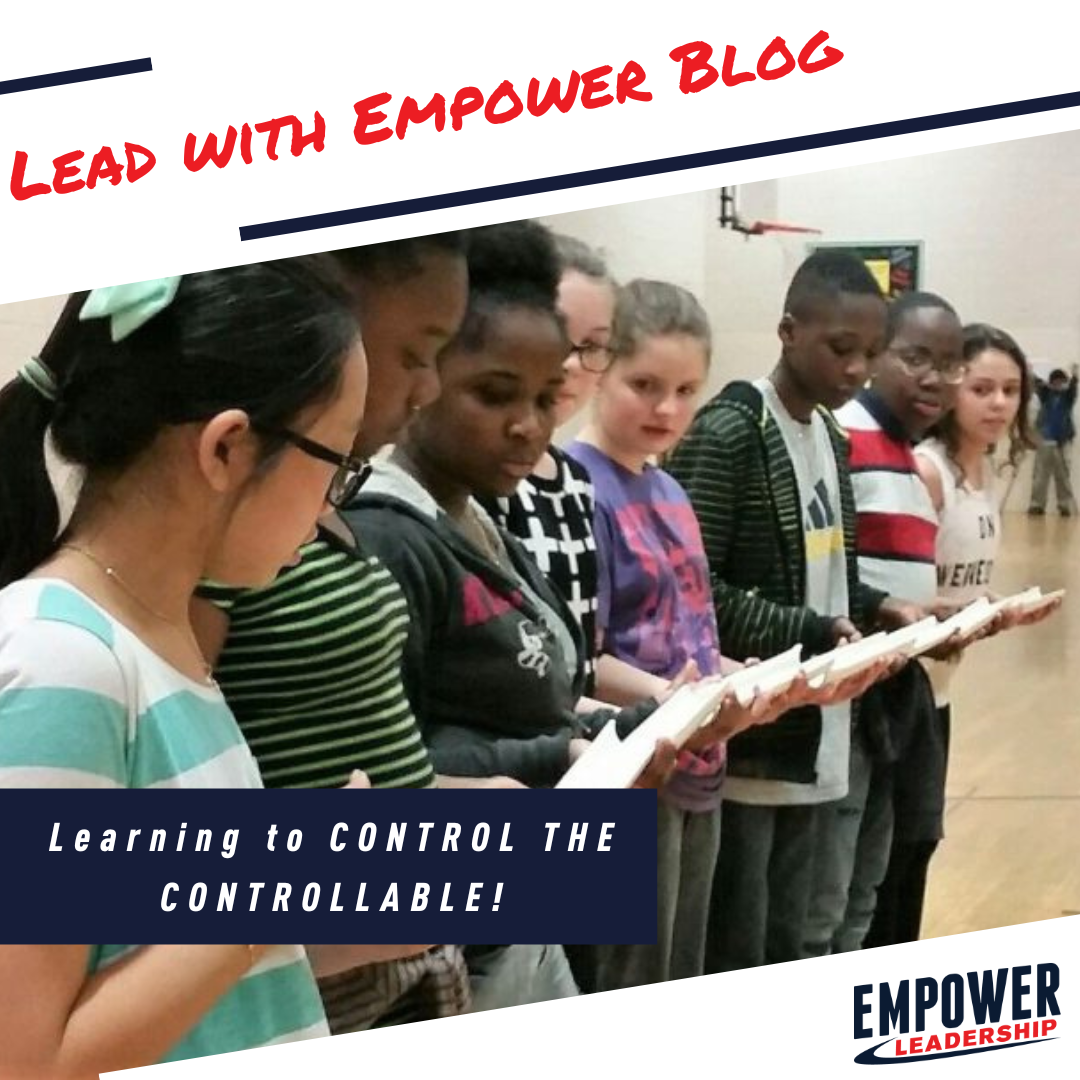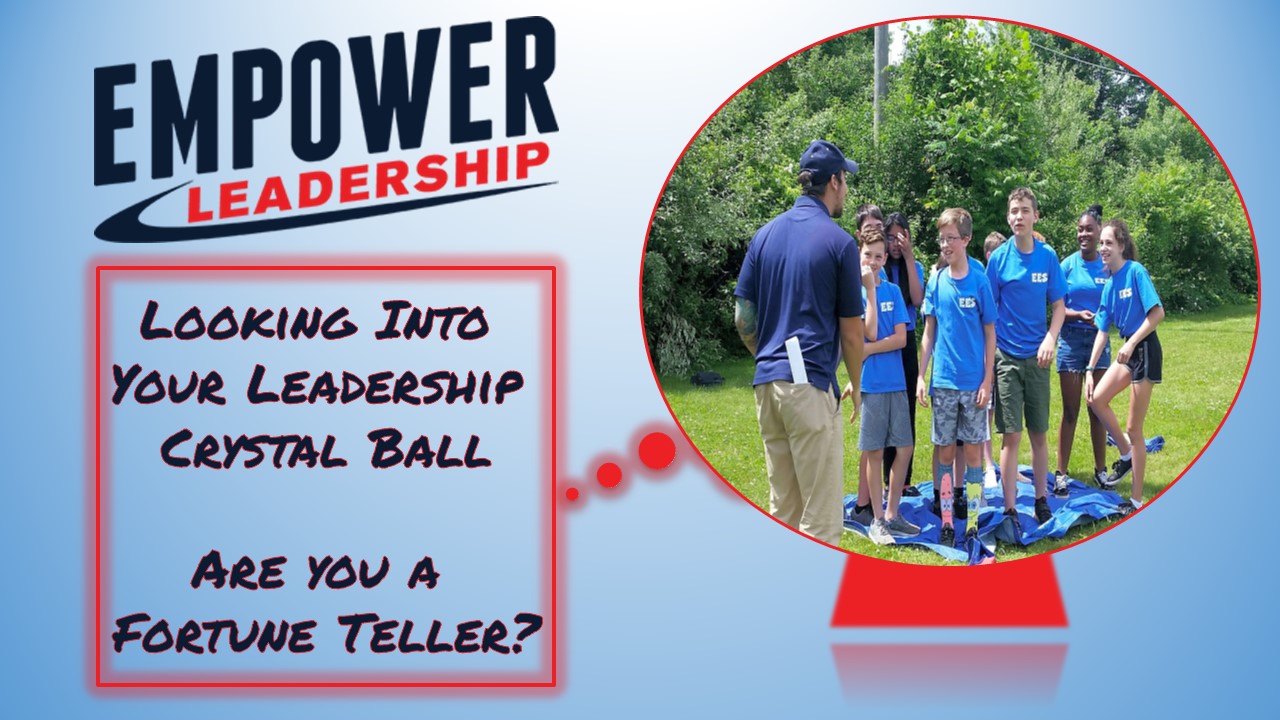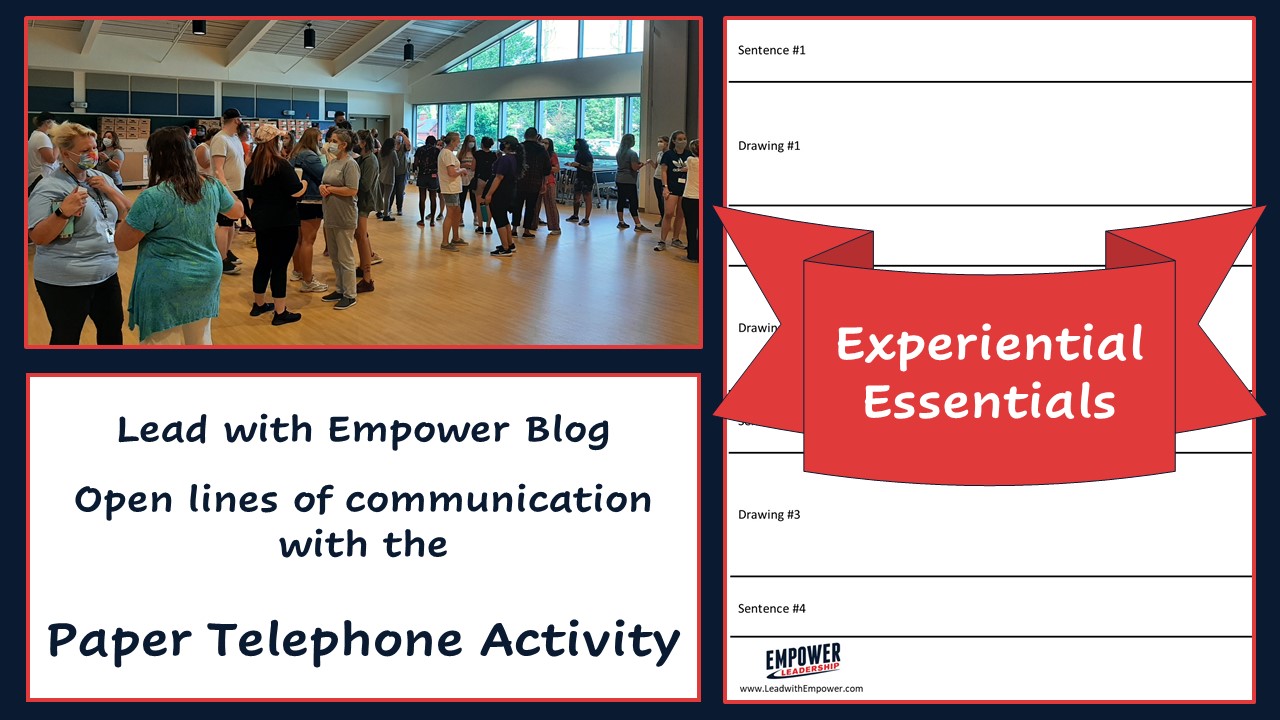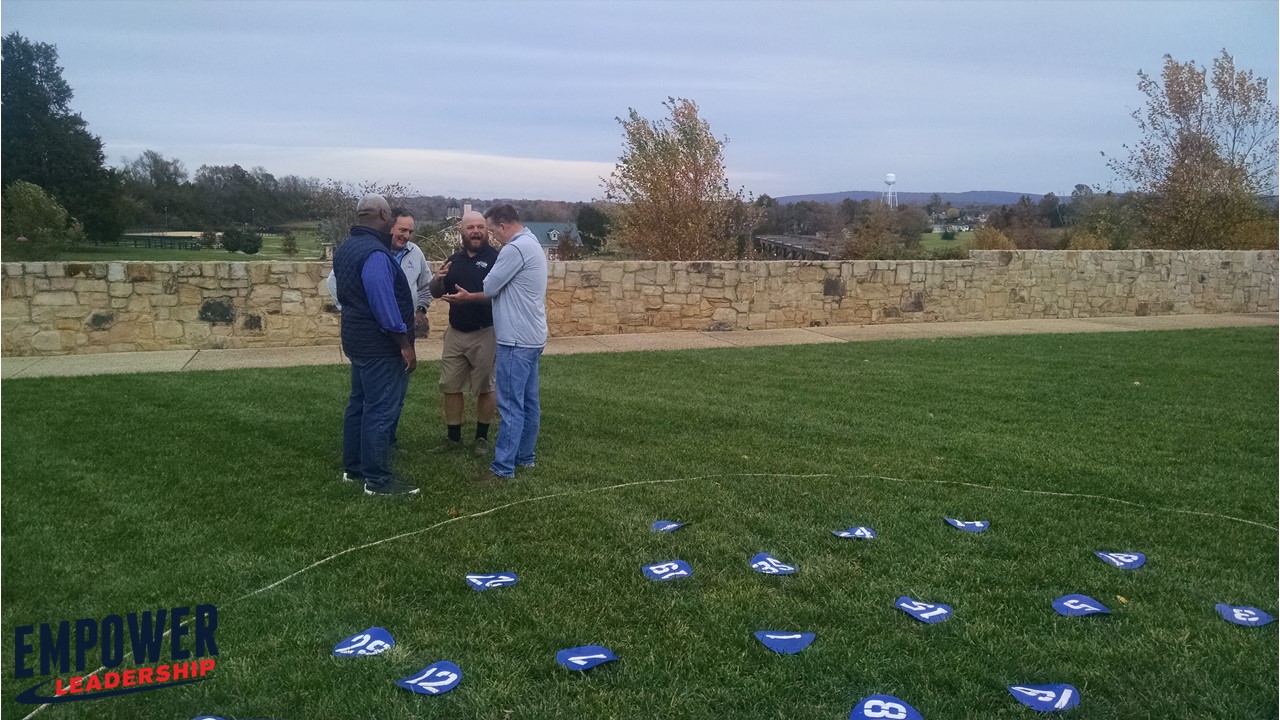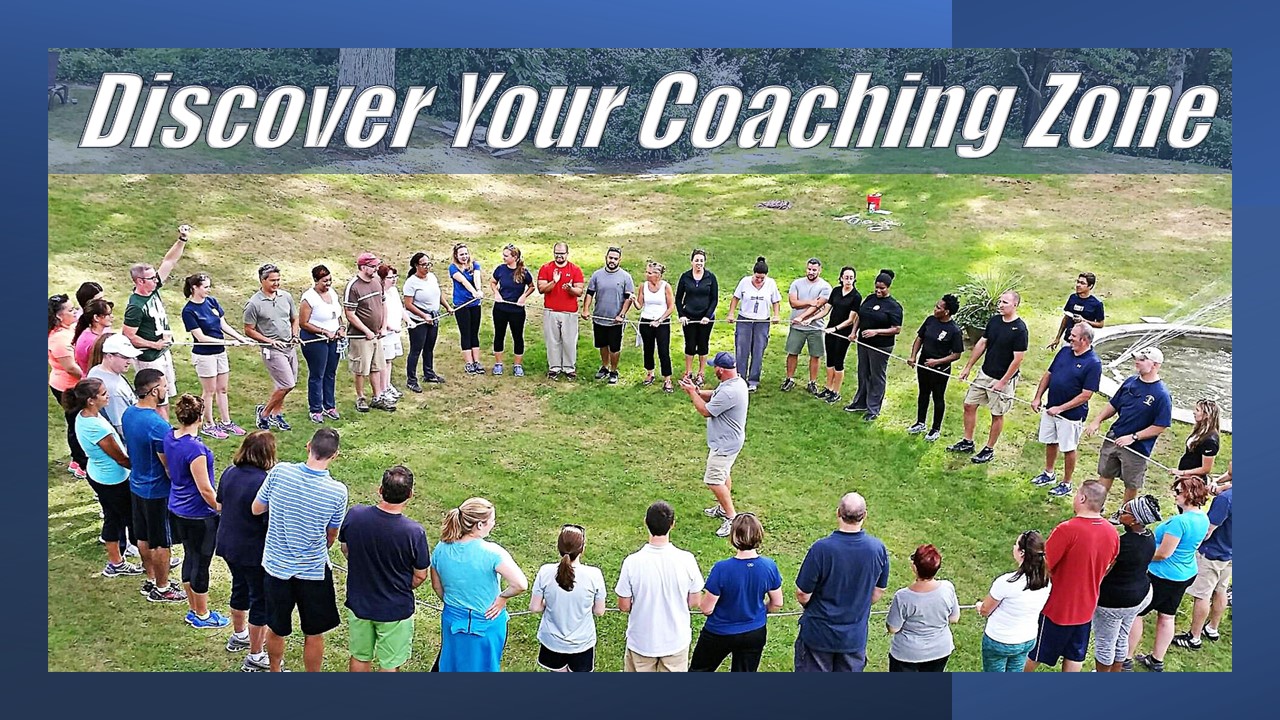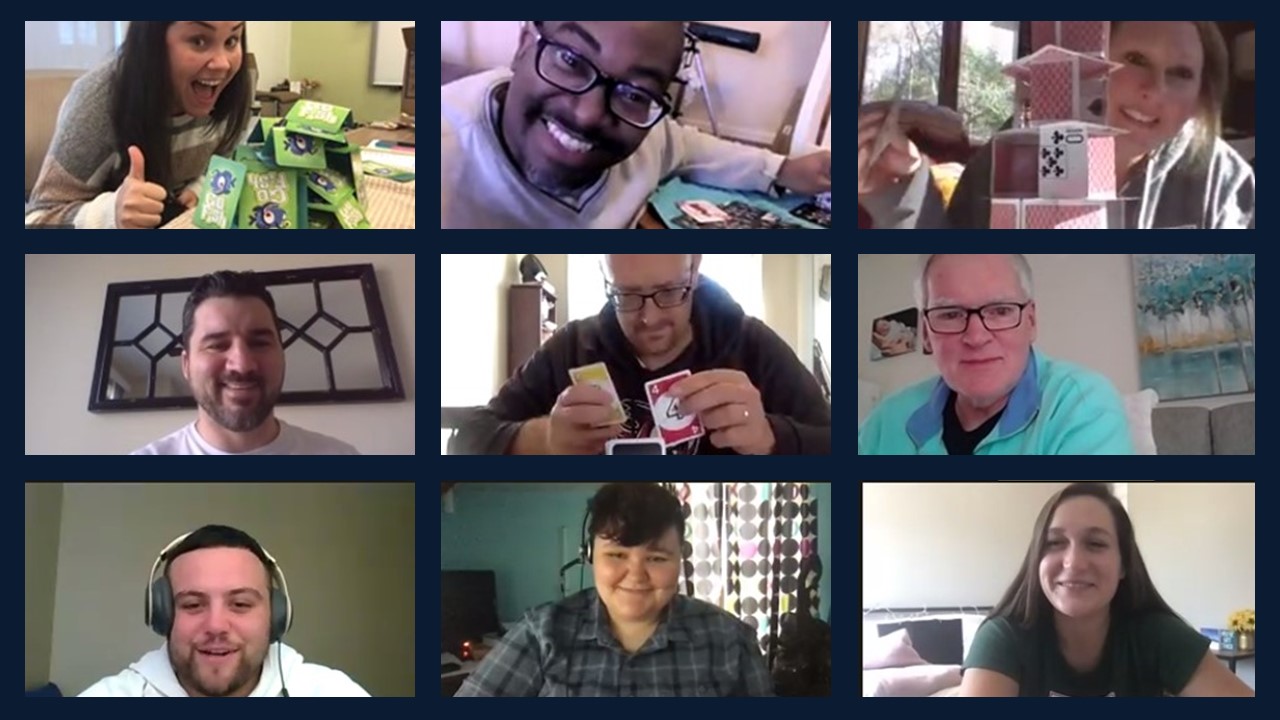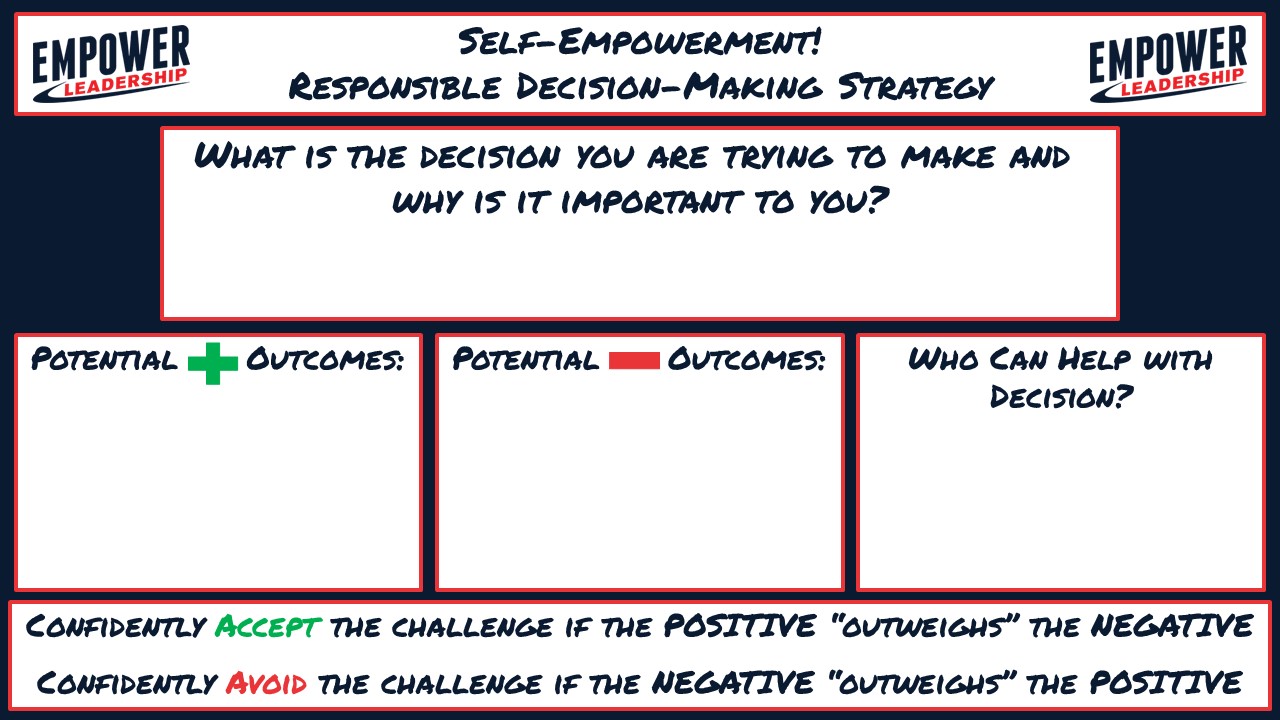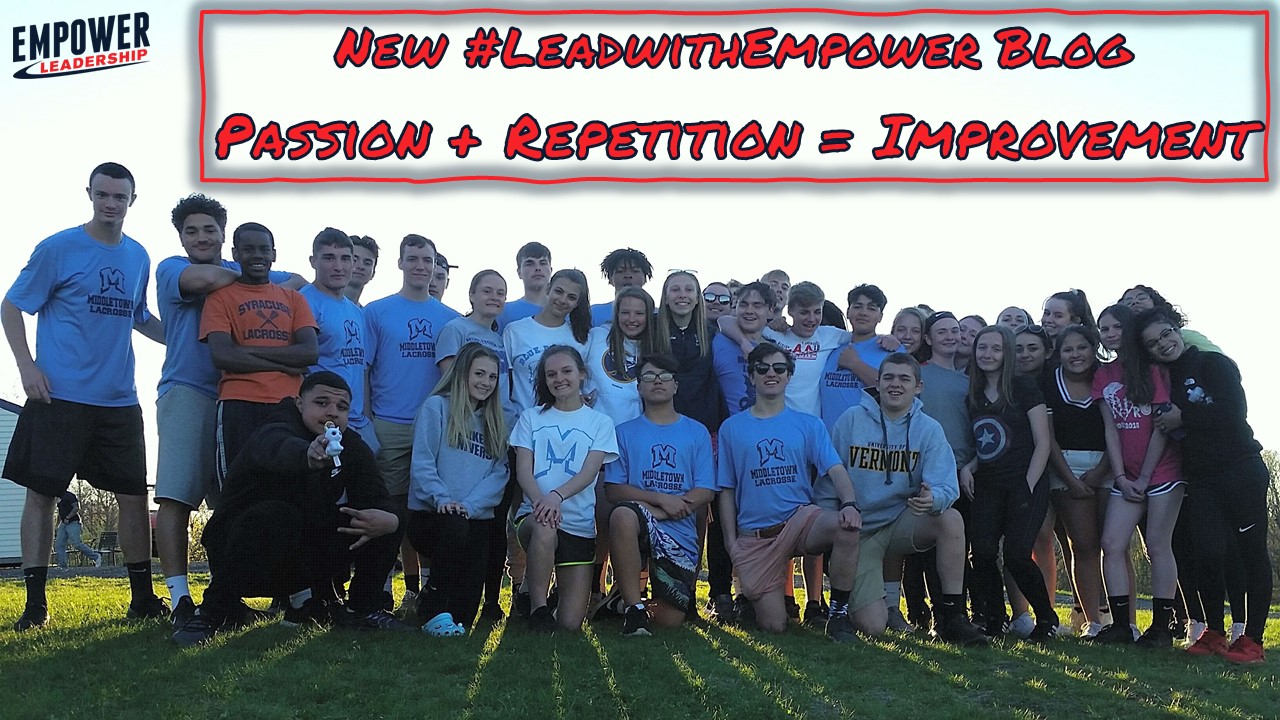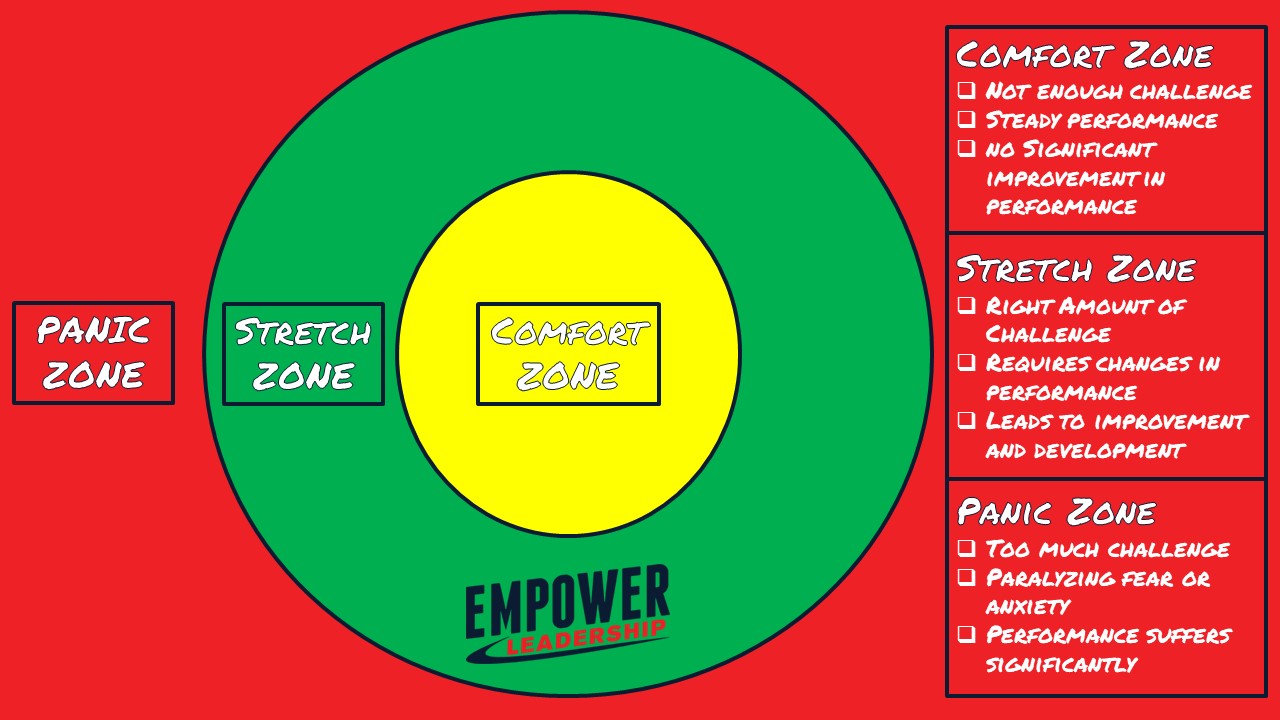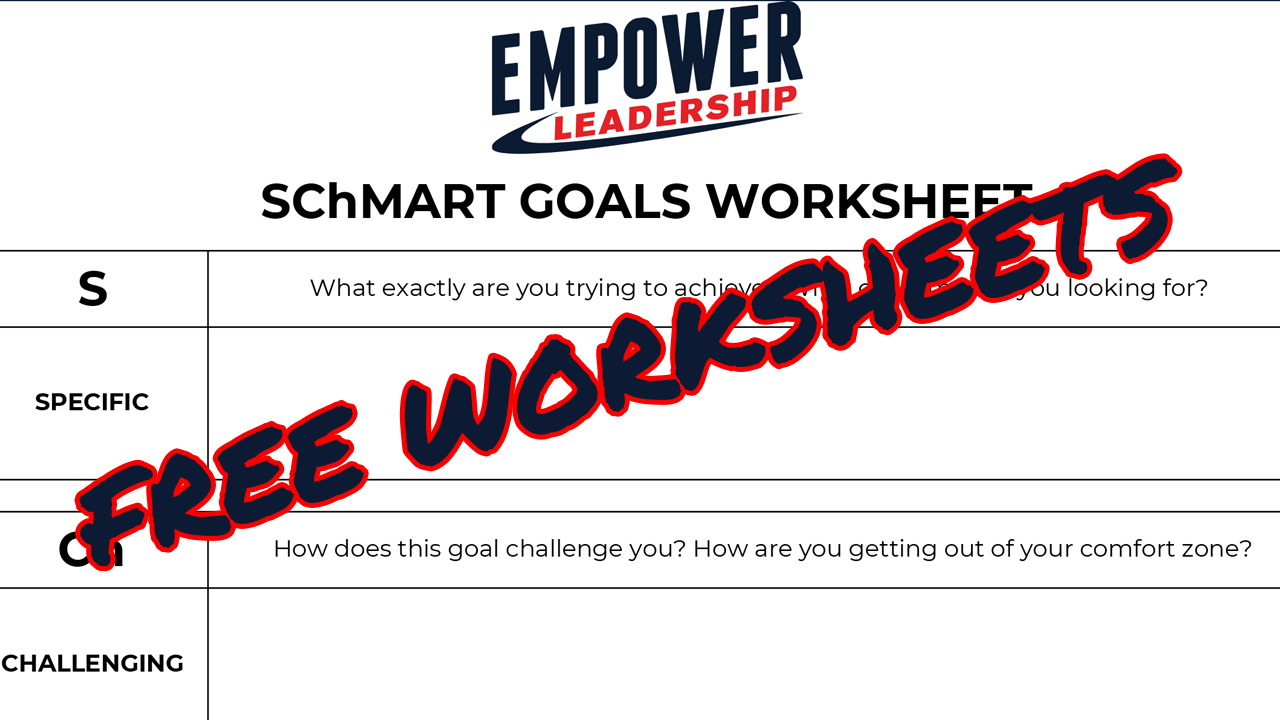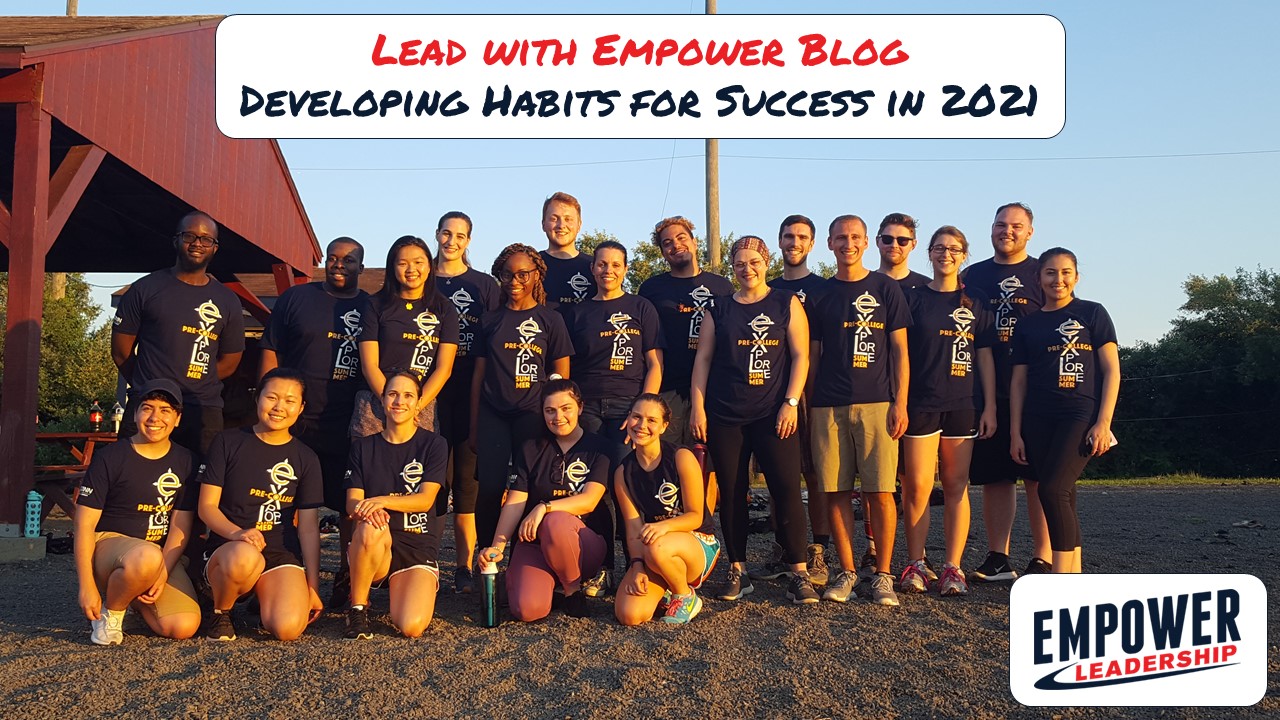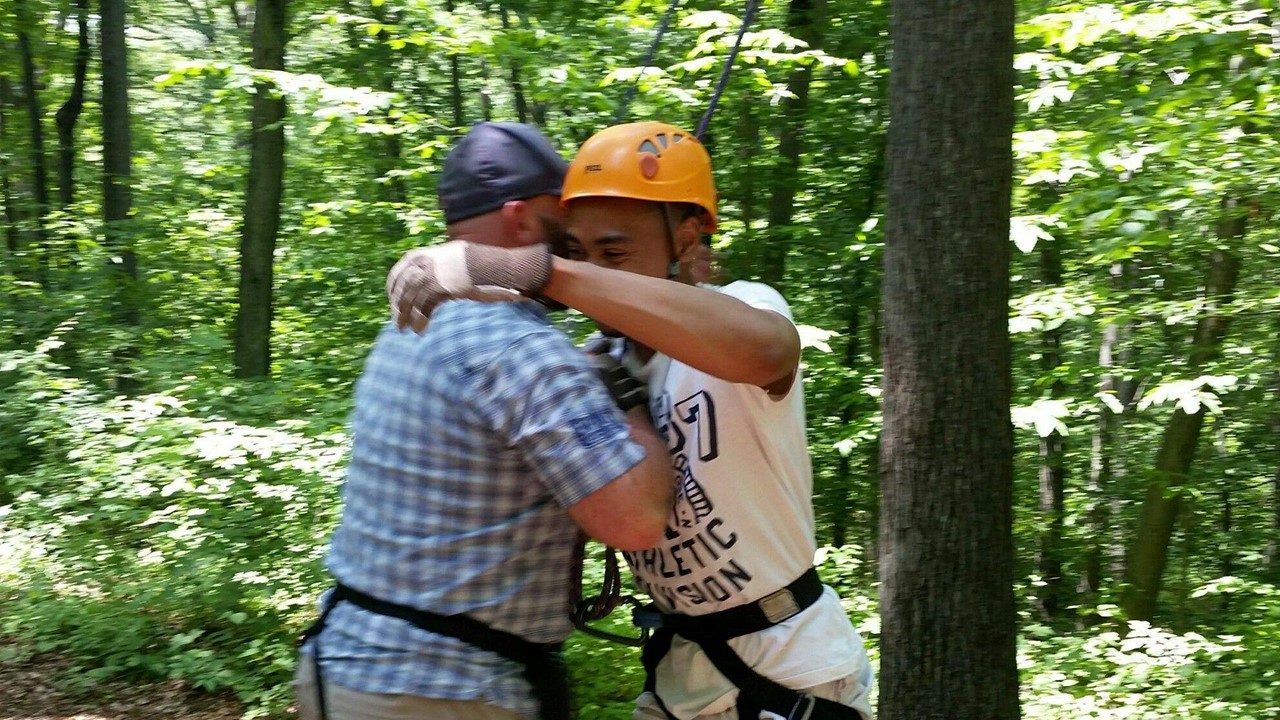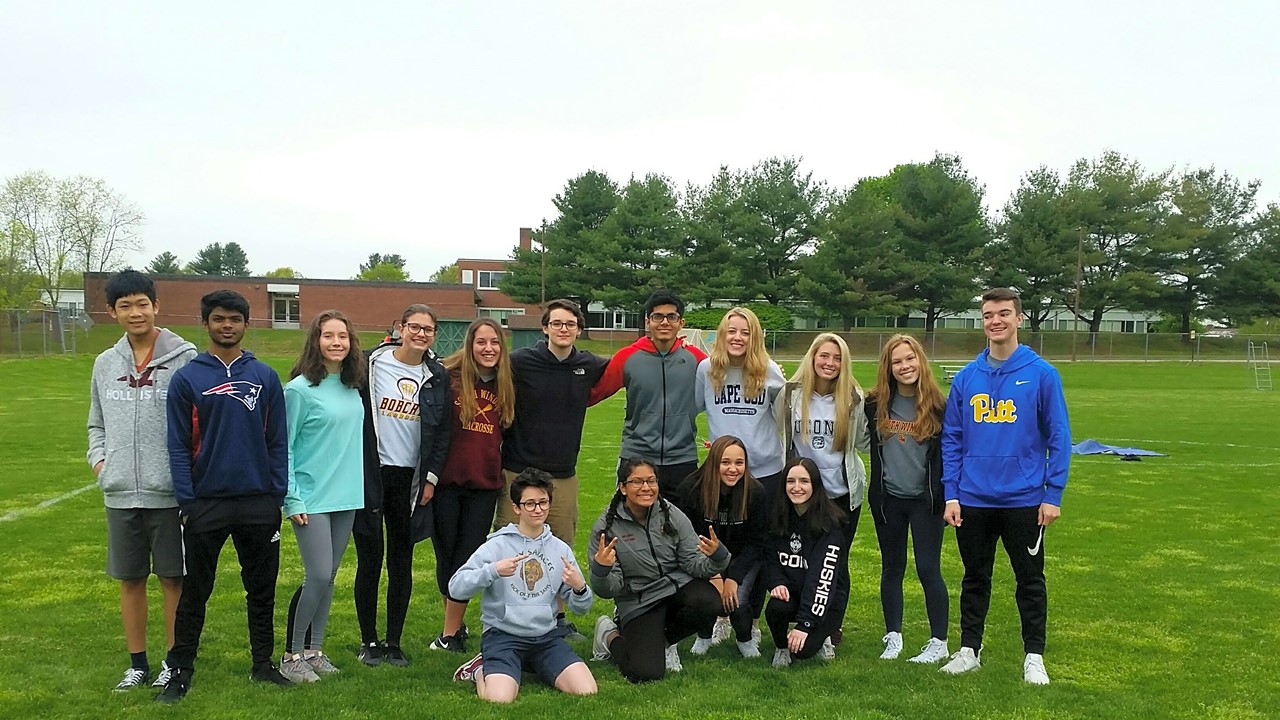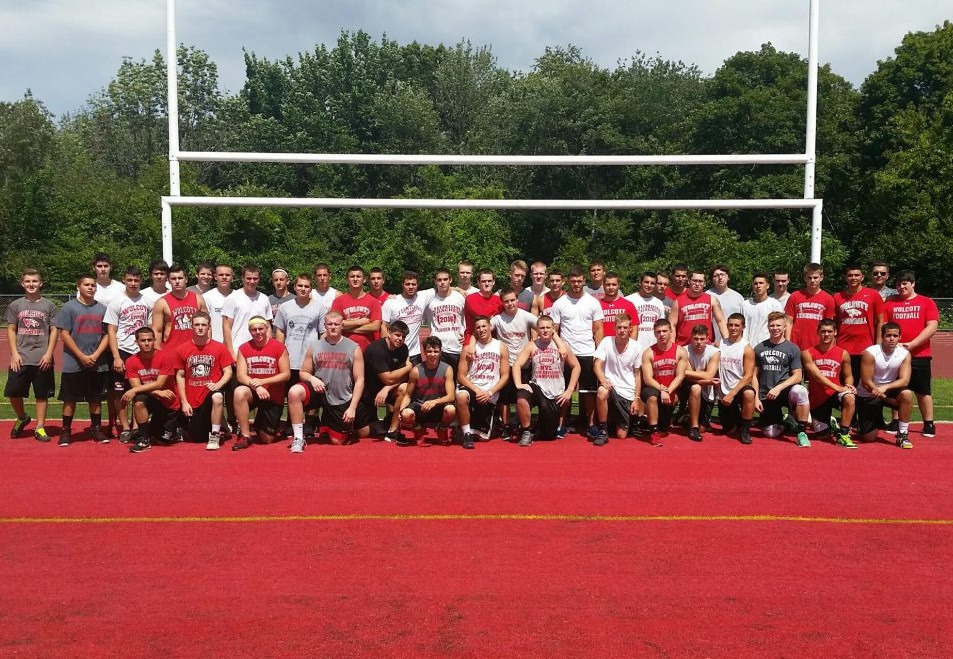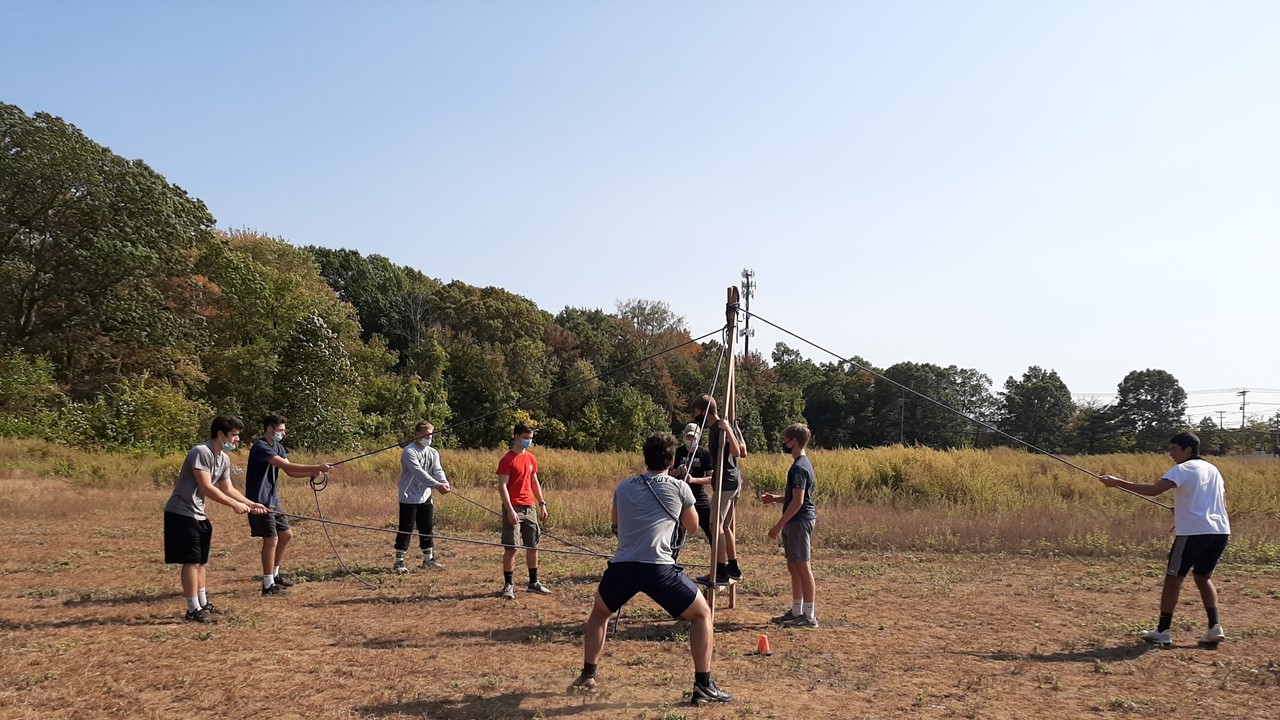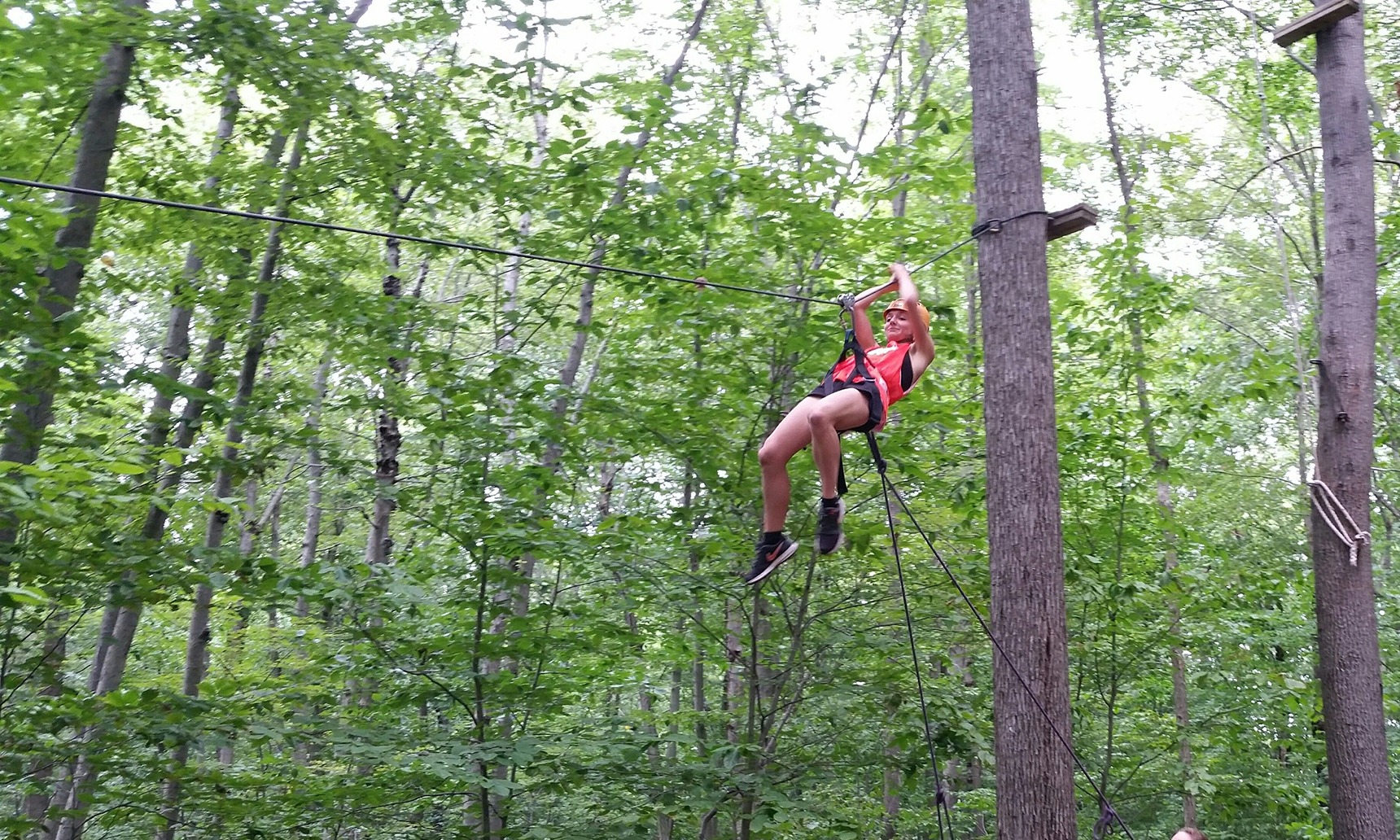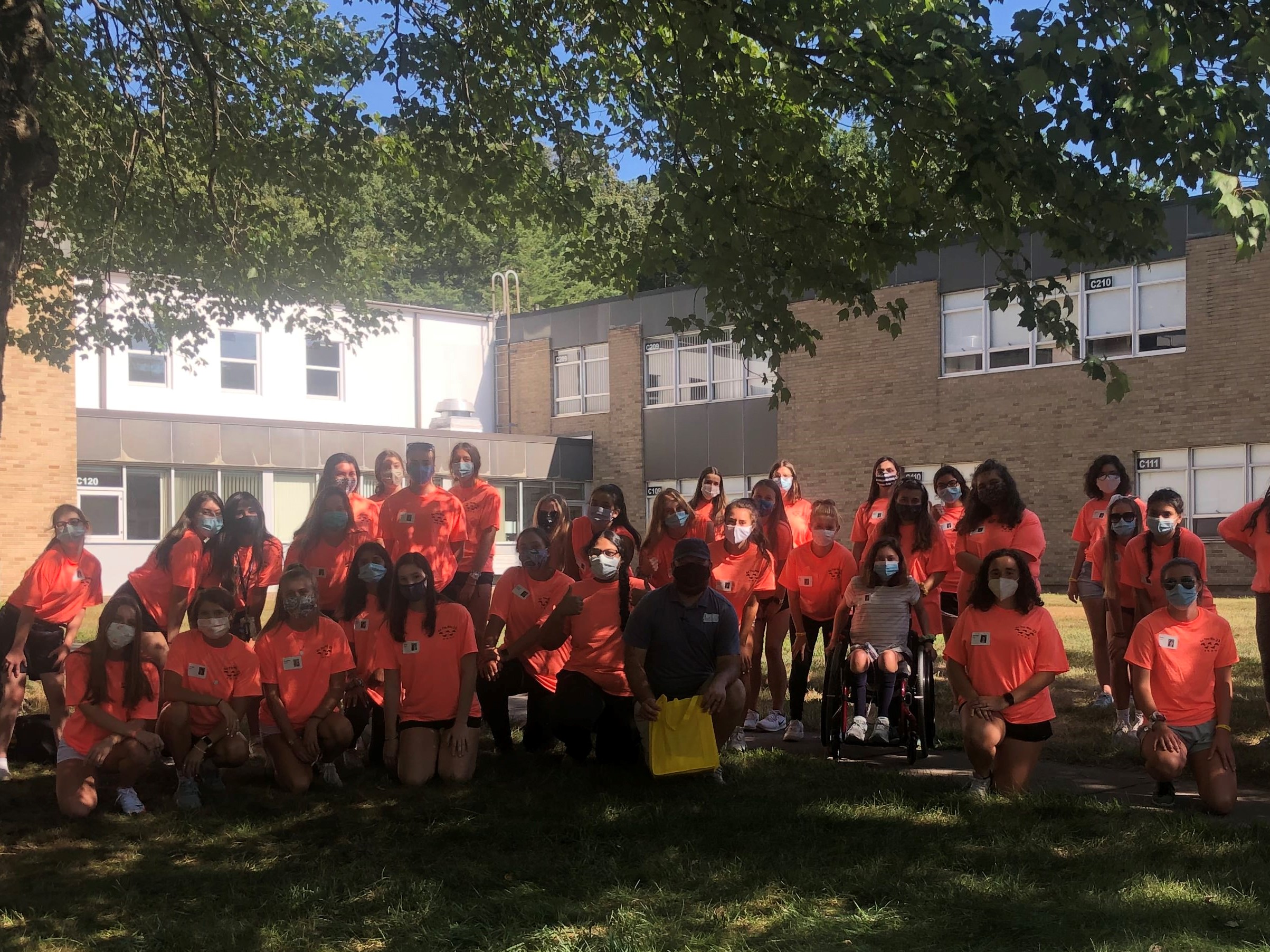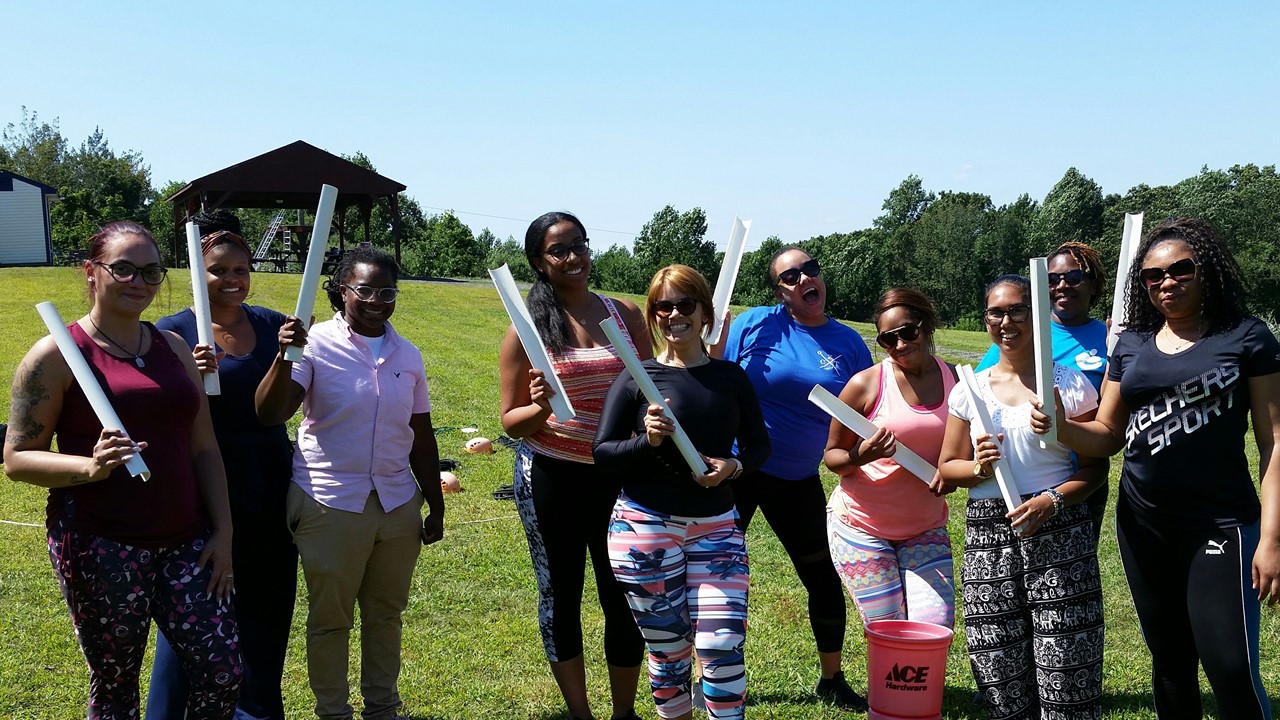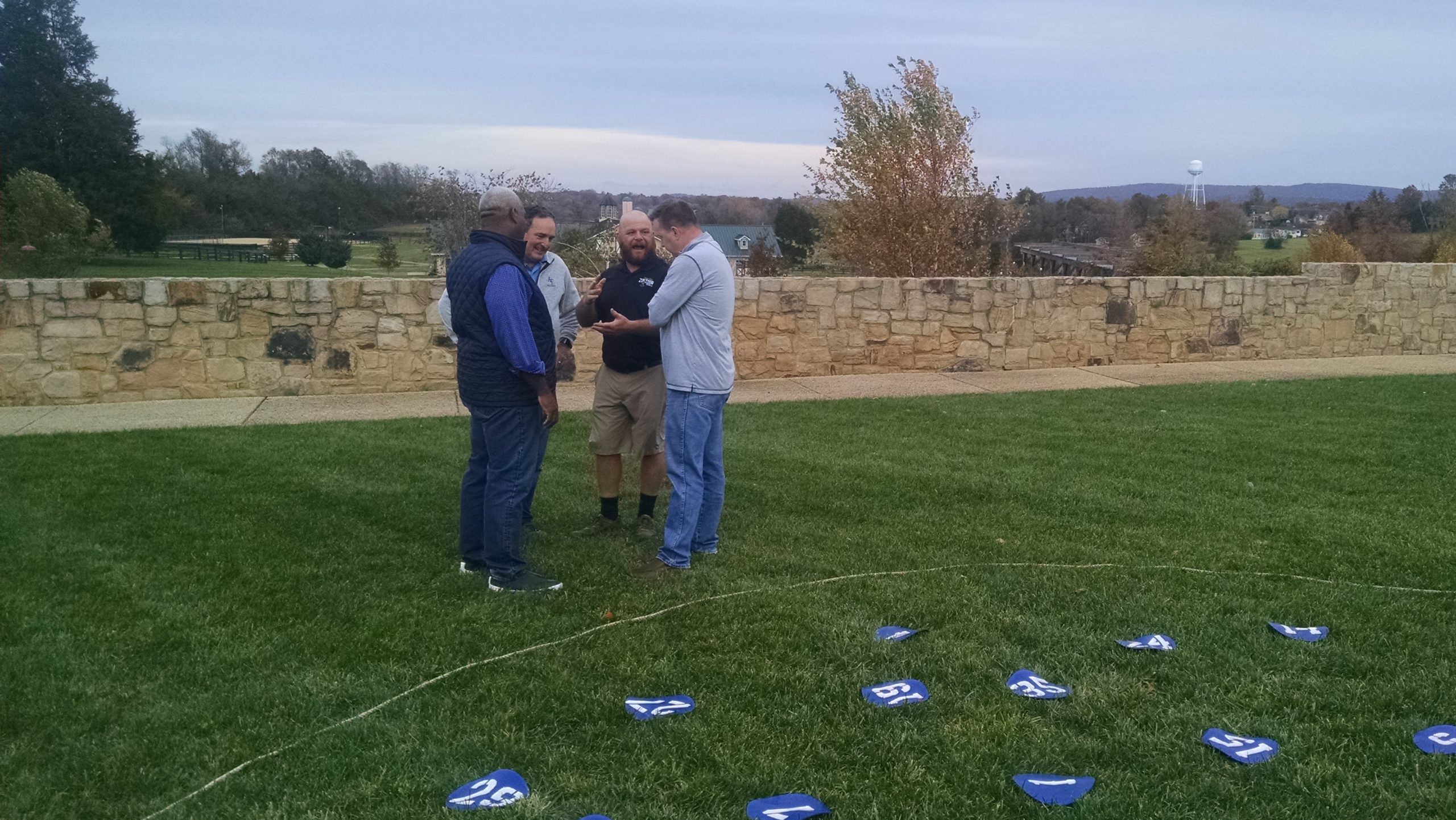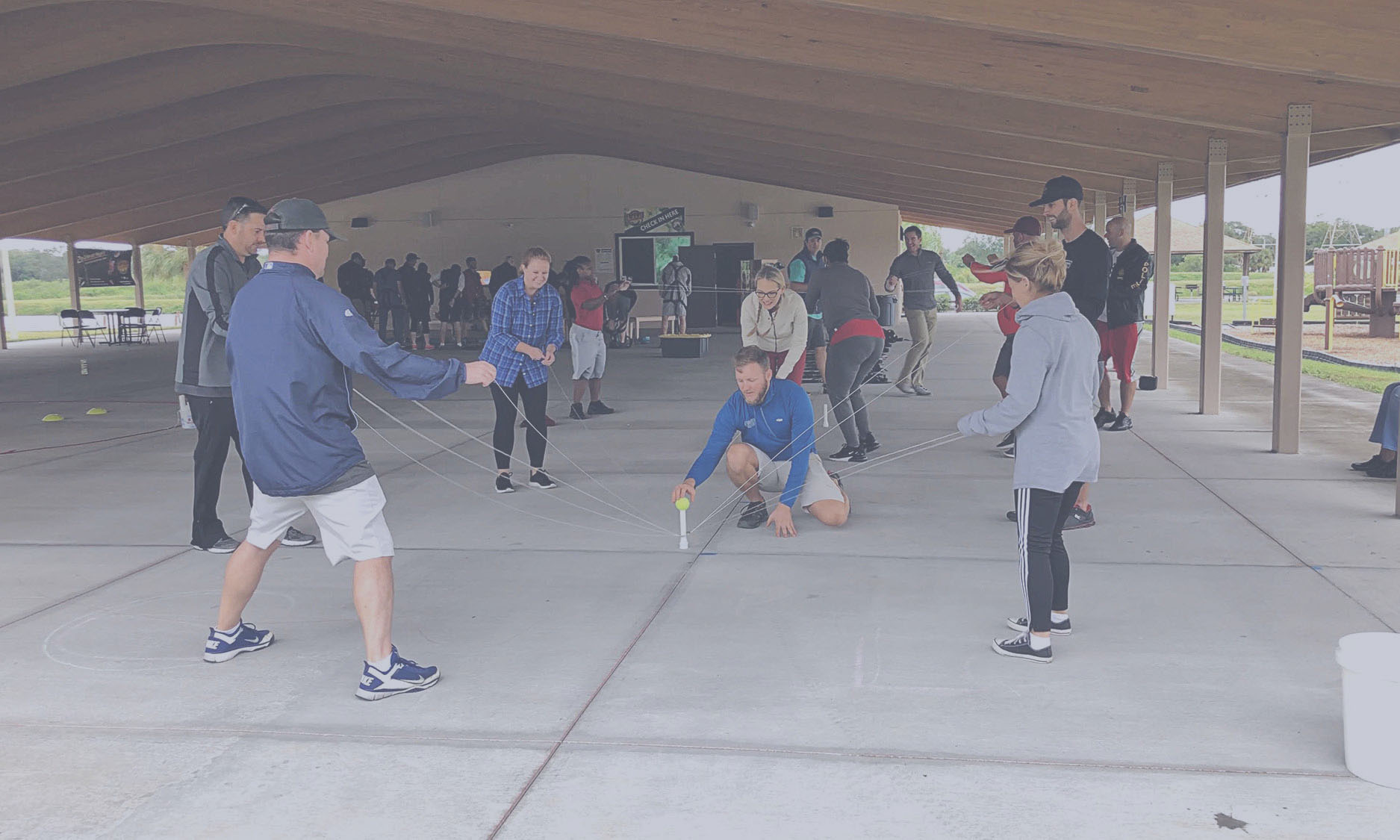Off-the-Field Development Opportunities for Athletes
Participation in competitive, and to a slightly lesser degree, recreational sport has long been a source for athletes to develop valuable skills beyond those that are sport specific. Skills that are relevant, and oftentimes necessary, for achievement in life. The adolescent medicine team at University of Missouri Health Care states that “team sports help teach adolescents accountability, dedication, leadership, and other skills”. They share that participation in sport helps athletes academically, while teaching them about teamwork, problem solving, and leadership. Additionally, participation in sport may lead to both improved physical and social-emotional health. (1)
The “real-life” benefits of participation in competitive sports is often discussed; however, rarely do we come across articles about how youths or young adults can take advantage of out-of-sport opportunities to develop skills that will help them on the field, ice, court, or mat. This article is the first of a three-series blog which will focus on those off-the field opportunities, while sharing strategies to help athletes continue developing their leadership and team skills while not actively engaged in an athletic season.
Over the course of this three-blog series, we will highlight five “skill development areas” that present themselves to athletes during their time as students (In the Classroom Opportunities), as family members (At Home Opportunities), and as social beings (Social Network Opportunities). This first article focuses on the In the Classroom Opportunities.
In the Classroom Opportunities
What skills can an athlete develop in a math, science, or literature class that will help them in their sport? Does not sound like there is much of an opportunity to become a better athlete and teammate while sitting at a desk or in front of a computer; however, that is not the case!
Athlete Skill Development “In the Classroom”
Responsibility and Accountability:
- Be on time for class (5 minutes early!)
- Hand in assignments on time
- Speak to your teacher a week in advance if you will miss class due to an away game
- Track your academic progress, put forth your best effort, and do not be afraid to ask for help if you are struggling
Focused Intensity and Engagement:
- Sit in the front row (if seats are not assigned) – show your teacher that you there to take the class seriously and take as much from it as you possibly can
- Volunteer in class (take the risk, don’t worry, it is a positive risk!!!)
- Practice the art of eliminating distractions (control the controllable)
Time Management:
- Know when your assignments are due and, as stated above, get them in on time
- The harder you prepare, the easier it is to execute! Do not leave your studying for the night before a quiz, test, or exam – start studying a day or two before a quiz, a week or two before a test, and a month before an exam.
Respect:
- In sport, you are taught to respect your teammates, your coach, your opponent, your practice/game spaces, and your program. You can (and should!) do the same in the classroom
- Respect your teacher and the classroom rules. If you have questions about “why” you are being asked to do something, set up a time to speak with your teacher after the class. Teachers or professors do not wake up each day concocting ideas to make the lives of her/his student miserable – be respectful of the fact that the teacher/professor is their to help in your academic development
- Treat those around you as you wish to be treated. Do and say what you can to bring the best out of your classmates and your teacher – just like you aim to do with your teammates and coaches in sport
Goal Setting and Action Planning:
- Set academic goals that are specific, challenging, measurable, attainable, relevant, and time sensitive (SChMART Goals)
- Develop an action plan for goal achievement and COMMIT your best effort, focus, and attention to that action plan EVERY DAY
- Be courageous enough to ask for help when needed. Sometimes we “bite off more than we can chew” in our goal setting process. Ask for support (teacher, coach, peer, parent/guardian, or sibling) if you find yourself struggling. If you have put forth your absolute best effort, have appropriately leveraged your support systems, and you believe the goal is unattainable, have the courage to “reset the expectation”. Take a few moments to modify your goal slightly so it becomes attainable while still maintaining a high degree of challenge
- Learn to overcome the fear of failure! When we set challenging goals for ourselves, failure to achieve that goal is a realistic outcome. Put forth your best effort while leaning on your support system when needed. In doing so, you guarantee that, regardless of whether or not you achieved your goal, you improved and developed
The Season of a Person is 365 Days Long!
There is no “on/off” button in leadership and there should not be an “on/off” button when it comes to your development as an athlete. Your athletic development is not limited to the time spent in practices or in the weight room – there are plenty of opportunities, in your day-to-day lives, that serve as “development repetitions”! Have the courage to recognize those opportunities and chase down achievement just like you would a loose ball or puck on the court or ice. You will find your development/improvement will show both in the classroom and on the field!
Interested in learning more about how to help athletes and teams develop the essential leadership and team skills necessary for success both on and off the field? Contact Empower Leadership or visit our website to take your first step towards your next championship!
(1) Benefits of Sports for Adolescents, Adolescent Medicine Team – University of Missouri Health Care

